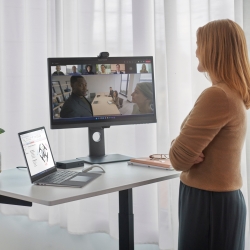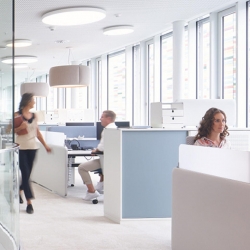To provide the best experiences, we use technologies like cookies to store and/or access device information. Consenting to these technologies will allow us to process data such as browsing behaviour or unique IDs on this site. Not consenting or withdrawing consent, may adversely affect certain features and functions.
The technical storage or access is strictly necessary for the legitimate purpose of enabling the use of a specific service explicitly requested by the subscriber or user, or for the sole purpose of carrying out the transmission of a communication over an electronic communications network.
The technical storage or access is necessary for the legitimate purpose of storing preferences that are not requested by the subscriber or user.
The technical storage or access that is used exclusively for statistical purposes.
The technical storage or access that is used exclusively for anonymous statistical purposes. Without a subpoena, voluntary compliance on the part of your Internet Service Provider, or additional records from a third party, information stored or retrieved for this purpose alone cannot usually be used to identify you.
The technical storage or access is required to create user profiles to send advertising, or to track the user on a website or across several websites for similar marketing purposes.
 It’s now two years since we experienced the first true, sharp jolt of the pandemic. And even if we had now fully escaped its grip, the intervening 24 months would have proved transformational. The clichés, groupthink and glib takes may still shape much of the discourse about the ‘future of work’ but many of the instant experts of the Spring and Summer of 2020 now appear to have moved their insight on to other matters. And that leaves the rest of us with the task of working out what is actually going on. More →
It’s now two years since we experienced the first true, sharp jolt of the pandemic. And even if we had now fully escaped its grip, the intervening 24 months would have proved transformational. The clichés, groupthink and glib takes may still shape much of the discourse about the ‘future of work’ but many of the instant experts of the Spring and Summer of 2020 now appear to have moved their insight on to other matters. And that leaves the rest of us with the task of working out what is actually going on. More →


































March 22, 2022
The sustainable product lifecycle starts with a single step
by Joanna Knight • Comment, Environment, JK